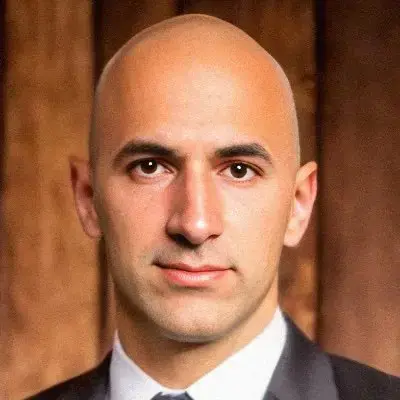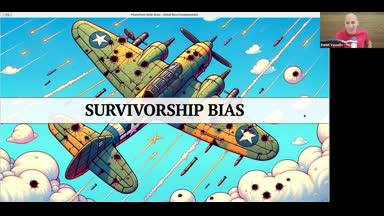Small Bets Fundamentals
 by
Daniel Vassallo
by
Daniel Vassallo
A crash course about the small bets manifesto. Over the course of 3 sessions, we will go over the most important ideas around taming the uncertainty of business, taking prudent risks, and choosing projects that have a good chance of paying off.
...
A crash course about the small bets manifesto. Over the course of 3 sessions, we will go over the most important ideas around taming the uncertainty of business, taking prudent risks, and choosing projects that have a good chance of paying off.
Ideas to be covered:
💼 Seeing work as an investment
☂️ The role of randomness
🌍 Two worlds
💸 Become a VC for your own ideas
🤏 What is a small bet?
🧺 Having a portfolio of small bets
🐄 Treat ideas like cattle, not pets
💪 Small wins
🏆 Success brings with it more success
💥 We don't learn much from failure
🤯 The definition of insanity
💭 Imagination is overrated
📚 Asset stacks
💡 Inspiration generators
🤑 Everything is marketing
⚖️ Survivorship bias
⚠️ Important, maybe necessary, but not sufficient
💯 Ergodicity
⛺️ A bias for survival
🧮 Probabilistic knowledge
🥊 Selection criteria
🎲 Speculative bets
📈 Asymmetric bets are not sufficient
⏳ Making time your friend
⛓️ Options not obligations
🧪 The dose-response relationship
❤️ Lifestyle-first work
Recording

Monday, November 13 2023
to
Wednesday, November 15 2023
3 sessions
on
-
•
-
•
-
•